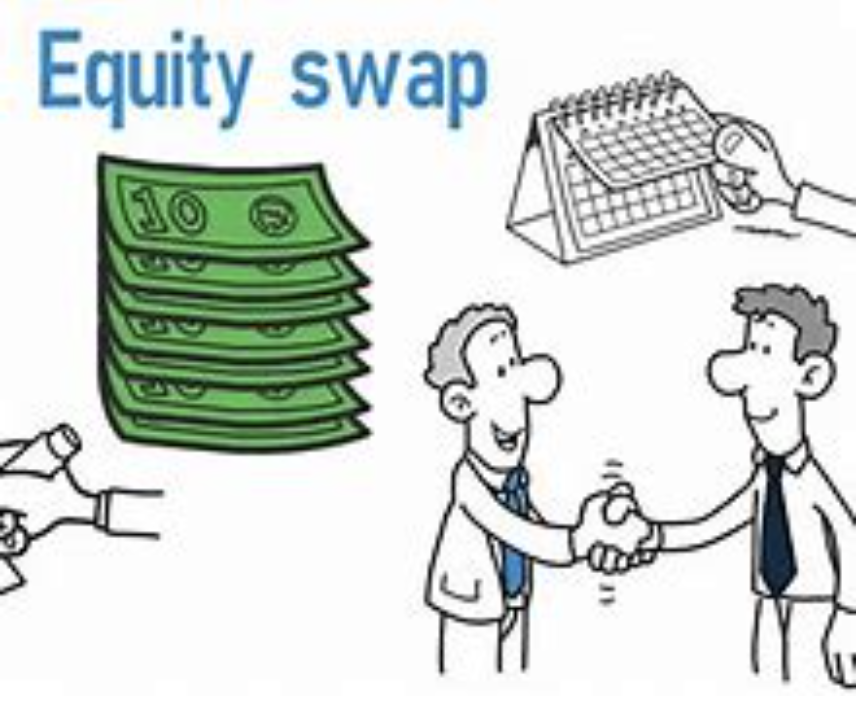
With the improvement in terms of residents’ economic level, investment of the real estate industry grows rapidly.
Housing is one essential investment. Buffett once said, “The amount of wealth you can accumulate in your life is not determined by how much money you can make, but by how you invest it”. However, real estate is an investment with high-return.
Investment heat remains stable in the whole industry. In the perspective of the housing and land prices, the higher investment leads to relatively greater profit for the industry. The proportion of house price and land price fluctuates a lot, but still on rise. Whereas industry competition will be increasingly fierce because of the influence of industry policy.
As urbanization deepen, there is a conflict between demand and supply. Urbanization will bring population growth and expand urban area, triggering huge demand for housing. However, the long-term implementation of land management policies and financial policies contributes to the relatively backward management of urban land and commodity supply. Therefore, there will be a contradiction between real estate demand and supply.
There are three factors affecting real estate development: Supply and demand, cost concerns and policy factors. When supply is beyond demand, price of goods will fall, and it works on the contrary. Real estate as a commodity is subject to cost constraints, the higher the cost, the higher the price. Real estate companies make profits on condition that prices is higher than costs . It is not only supply and demand pushing up prices. With the increase of local government debt, many local governments have to sell land to increase fiscal revenue, which increases real estate cost and the housing price to some extent. Moreover, the intervention of government also plays a crucial role in real estate market and economic development. Government can take actions including monetary policy, fiscal policy and various industrial development policies.

The pandemic has had a great impact on economic development, and residents’ consumption behaviors have become more cautious. Most people consider saving money in the hope of having an emergency fund in case of trouble, undermining their willingness to invest in the property market. Some are turning to the rental market instead of buying. People who are unable to buy houses have no choice but to rent, which means landlords have confidence of their ability to find and keep new tenants. Thus rents continue to climb. While residential rents are more resilient than other property types according to some datas, especially during the period of tight supply. Specifically, rents increased by 7-12% a year from 1974 to 1985, claimed by economist Jay Parsons. Even if homebuyers demands declined during the global financial crisis, demands from residential tenants remain unshaken.
For the average middle class, the asset income they can hold are stocks, real estate, wealth management products, cash savings ect. Real estate is characterized by the highest profits and reliability. Real estate is one of few investments that ordinary people can afford and get considerable returns, more reliable than stock investment. Many people think of stocks when it comes investment. To be honest, it’s not a wise decision unless they’re professional or have special access to information. However, it definitely requires critical thinking to invest.



